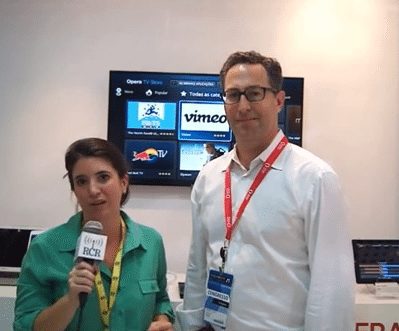RIO DE JANEIRO – More than half (52%) of all videos played across Brazil’s 3G networks suffer from significant stalling and buffering, according to a survey from Skyfire, a fully-owned subsidiary of Opera Software.
The study found that 89% of all videos running across different 3G networks experienced at least some stalling. This brings up concerns ahead of Brazil’s plans to host upcoming events such as the 2014 World Cup and the 2016 Summer Olympics.
RCR Wireless News interviewed Jeff Glueck, CEO at Skyfire and EVP of Opera’s Operator Solutions division, during the recent Futurecom event held in Rio de Janeiro. Check out what he said: Futurecom 2013: Brazilian mobile networks not yet prepared for video explosion
Skyfire’s data also shows that on Brazilian 3G networks, 41% of all video streams ran at bit rates of less than 300 kilobits per second, a very low speed for video playback on mobile devices. Brazil’s 2G networks fared even worse for mobile video. Over 70% of all videos played across 2G suffered from significant stalling (defined as buffering of 10% or more of overall video playback time), and over 94% of videos experienced at least some stalling.


